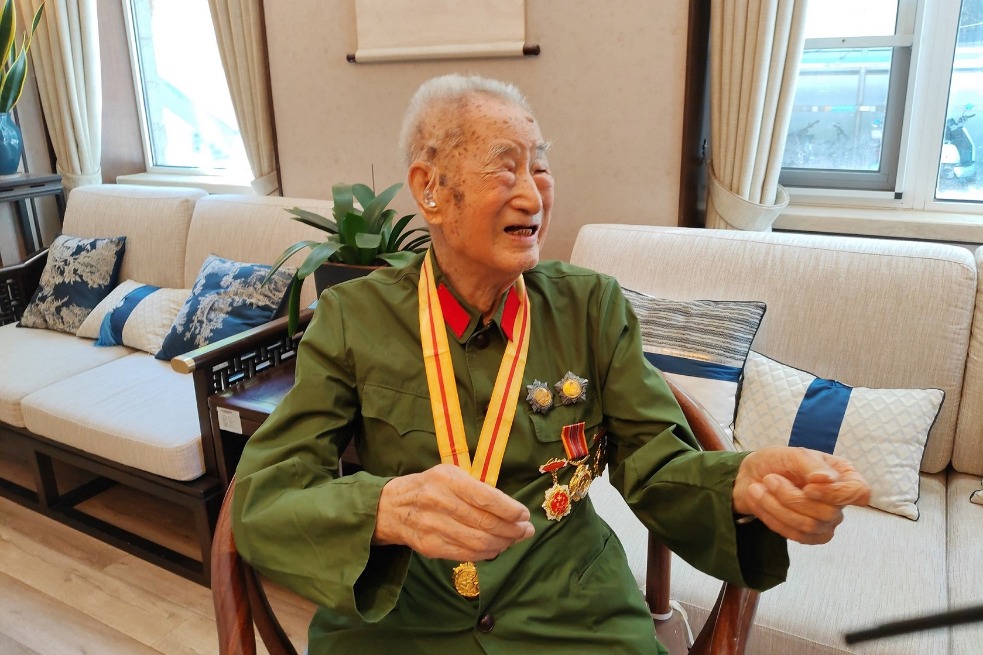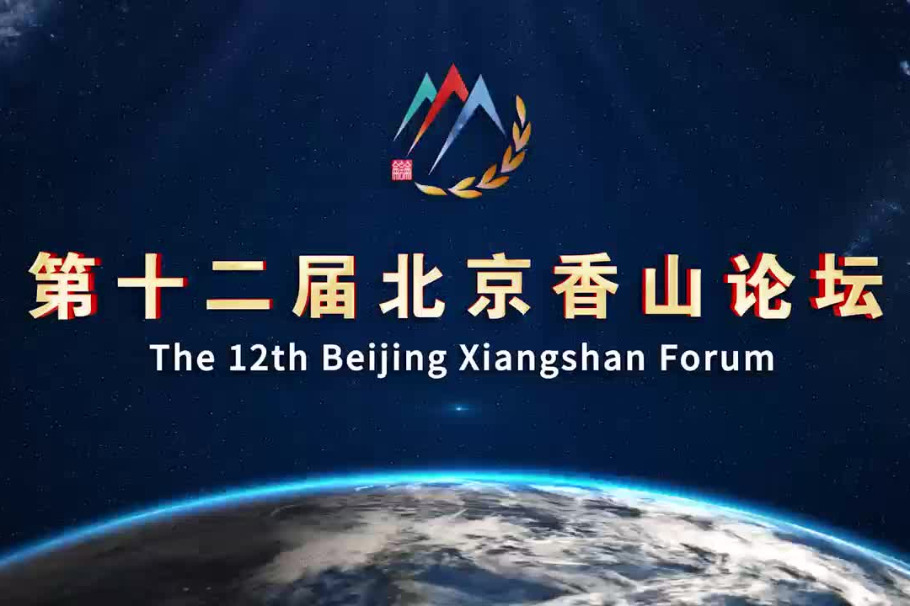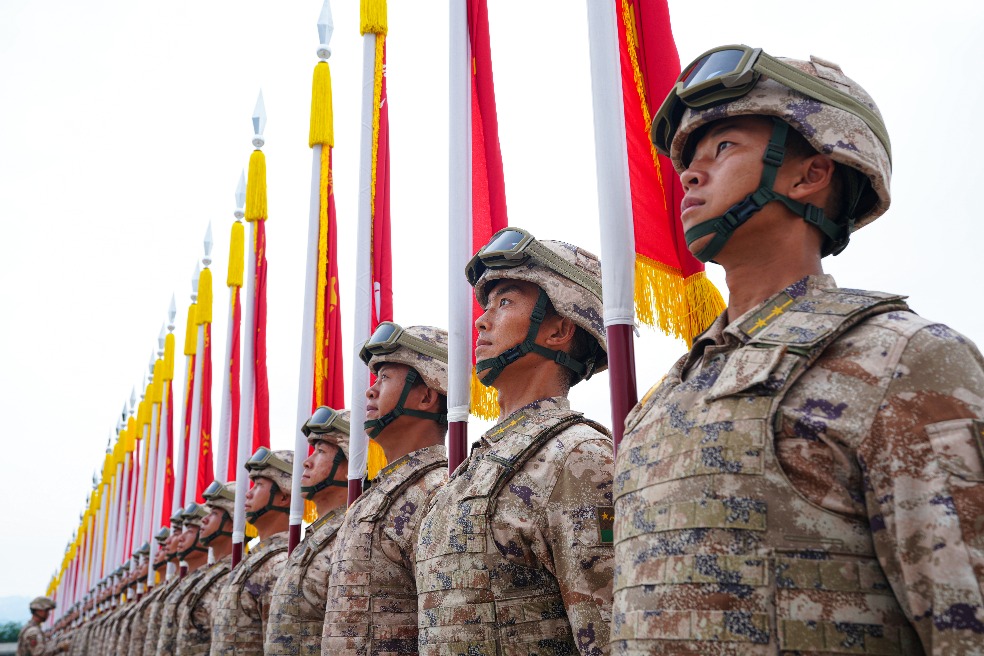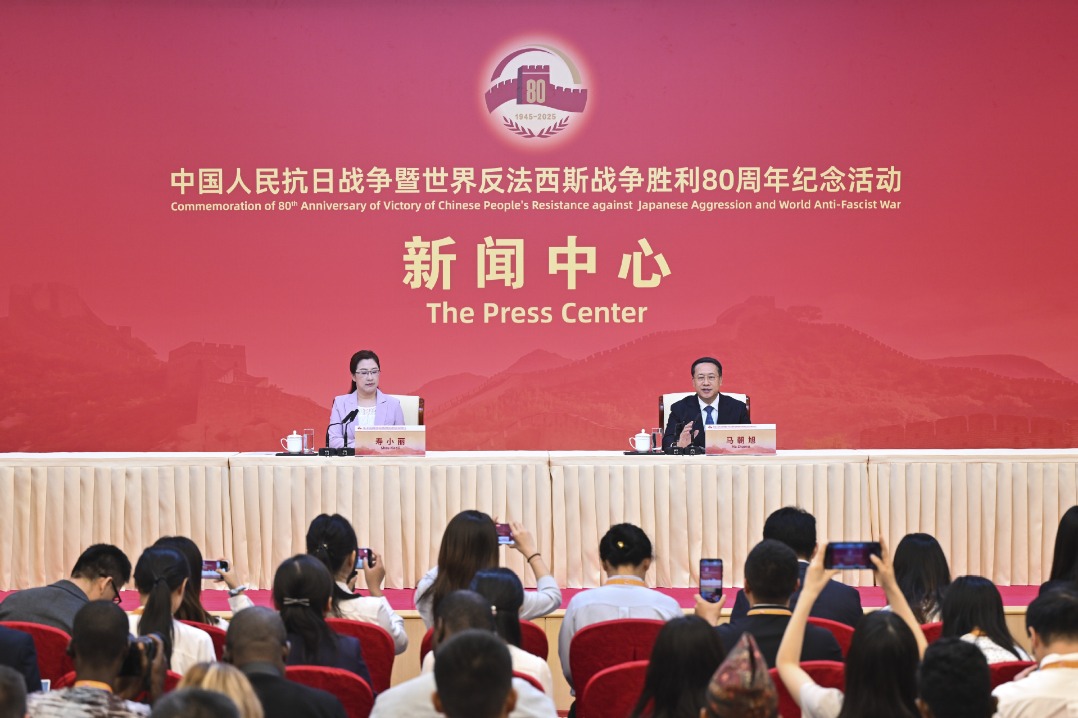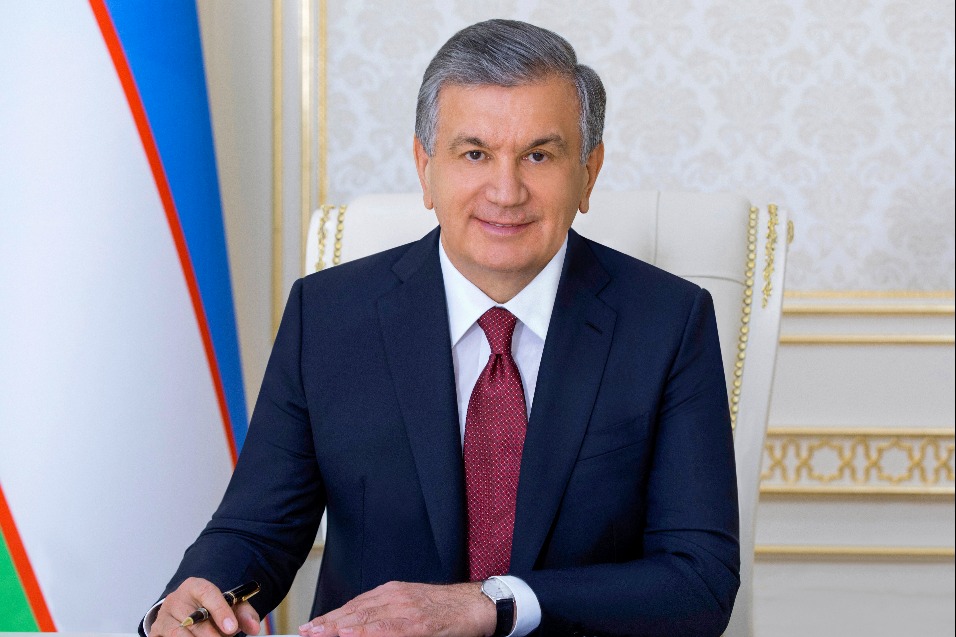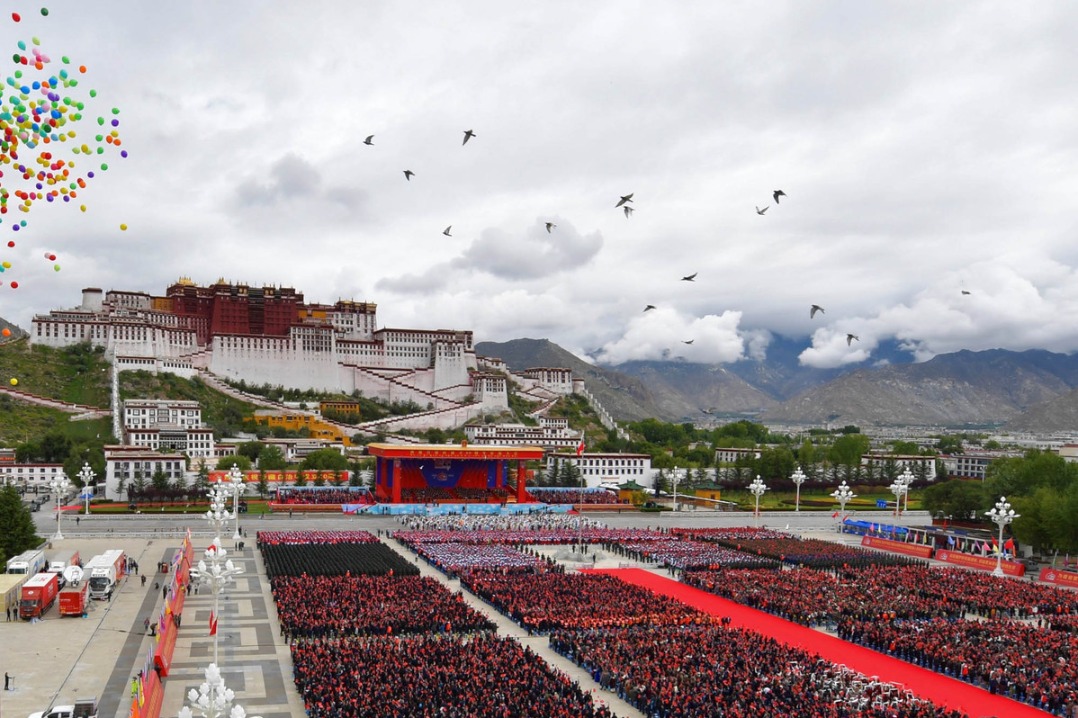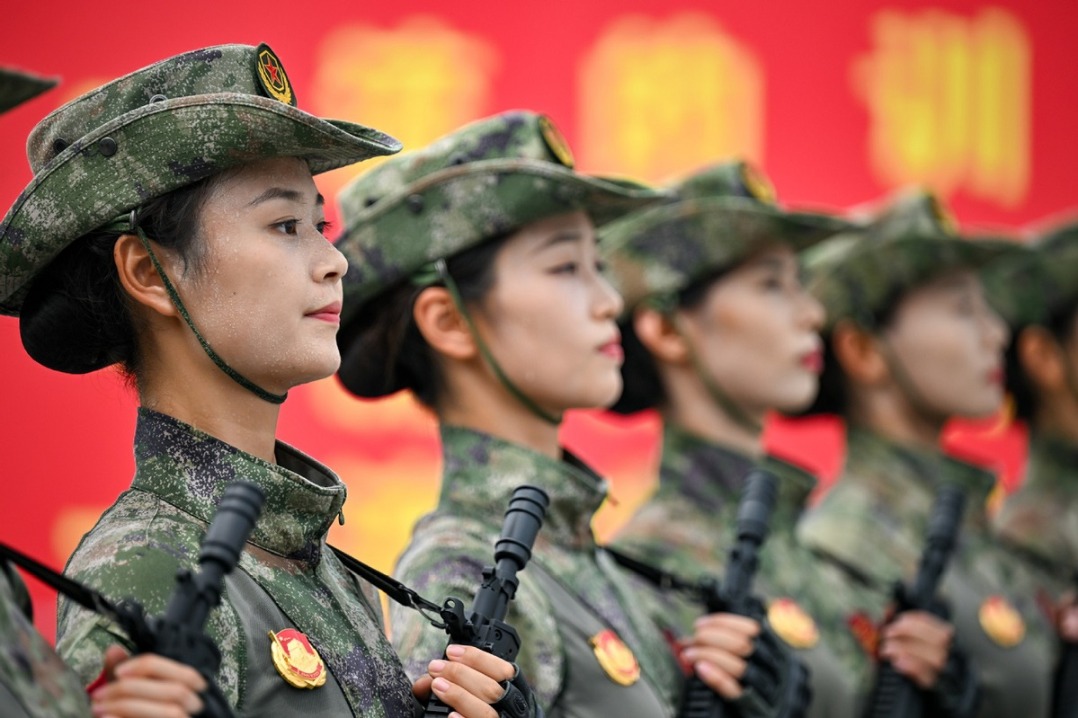Russia-Ukraine conflict freeze may be on horizon

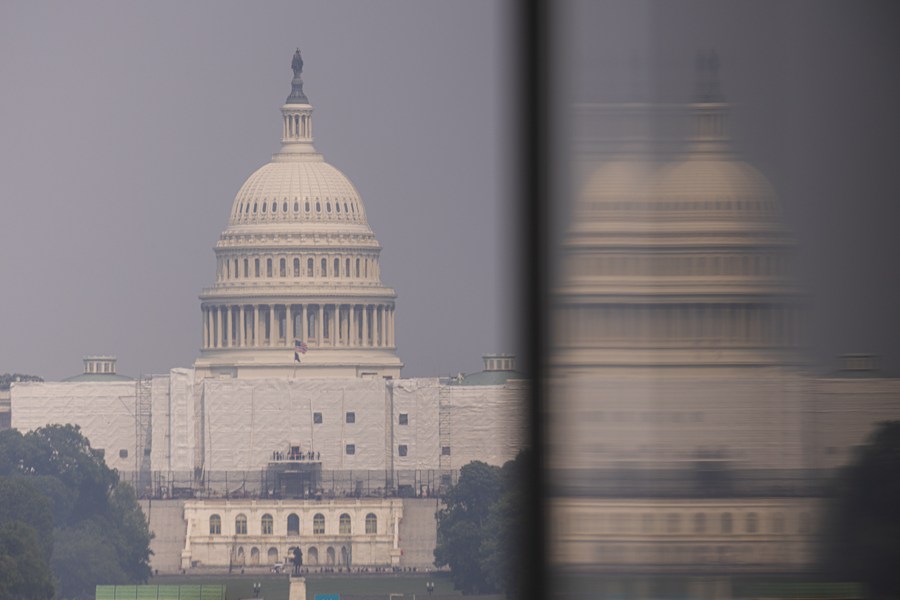
Although United States President-elect Donald Trump has not spelled out a road map on how to end the Russia-Ukraine conflict, some of his advisers have proposed putting off NATO membership for Ukraine and establishing a demilitarized zone or an autonomous region in Ukraine. All of these suggestions require Ukraine to accept territorial losses. The purpose of denying Ukraine NATO membership is to force a freeze in the conflict, rather than end it.
In its first term, the Trump administration provided Ukraine lethal weapons and slapped sanctions on Russia. So why has he changed his attitude toward Ukraine now?
If the 2004 Orange Revolution — when the National Endowment for Democracy in the US provided $65 million to the then Ukrainian opposition — was the US' successful experiment to establish a pro-Western and anti-Russian government in Ukraine, the 2014 revolution was one to eliminate political forces in Ukraine that were soft toward Russia.
Since the outbreak of the conflict in Donbas in 2014, NATO has adopted a stance in support for Ukraine's sovereignty. After 2021, the Joe Biden administration began assisting Ukraine, relaxing restrictions on Ukraine's military operations. It also increased sanctions on Russia, which ultimately led Russia and Ukraine to get embroiled in a war which neither side seems able to win, negotiate or retreat from.
Like Biden, even Trump sees in the Russia-Ukraine conflict as a chance for the US to maintain its global hegemony. But, unlike Biden, Trump prefers "freezing" the conflict by reducing strategic investment in Ukraine, thus shifting the responsibility and burden on its allies, and achieving the greatest benefits at the lowest cost.
In other words, Ukraine still has strategic value for Trump. If he can "freeze" the Russia-Ukraine conflict, he will be able to raise the territorial dispute, NATO membership and European security framework issues at a later stage to exert pressure on Russia, Ukraine and even Europe.
However, Moscow is not satisfied with the plan and said it would continue its special military operation until it achieves all its goals. There are reasons for Russia's tough response. First, it has a relative advantage on the battlefield as it controls 18 percent of Ukraine and has accelerated its advance into eastern Ukraine, forcing the latter to withdraw from some areas.
Second, there is uncertainty regarding Western countries' assistance to Ukraine. The US and Europe's monthly support to Ukraine in 2024 is less than what it was in the same period last year. And Germany has decided to curb military support to Ukraine from about 8 billion euros ($8.32 billion) this year to 4 billion euros next year.
Third, Russia has not yet recaptured the Kursk region. And some areas of the four regions in eastern Ukraine are still under Ukrainian control. Last, Russia's special military operation has not yet achieved its goals of "demilitarizing""denazifying" and "neutralizing" Ukraine.
Moscow has said that it is open to resuming Russia-Ukraine negotiations. The possible agreement should take into account Russia's security interests and, most importantly, address the root causes of the conflict. As such, Russia does not reject the deal, what it values is the terms of the deal.
Russia is not only facing Ukraine but also NATO. It does not have an overwhelming advantage on the battlefield; at the current rate, it will take more than 1,000 days to occupy the rest of the four regions in eastern Ukraine, which means more investment and greater losses. That could break down the "barrier" between external conflict and internal peace in Russia.
The Russia-Ukraine conflict is zero-sum, complicated and long-term, because it is not only about Ukraine's territory, but also a geopolitical confrontation between Russia and the West. After Trump takes office next year, one possible prospect is that Russia accepts the US' proposals and reaches an agreement. As the US reduces its aid to Ukraine, Europe's assistance will not be enough to help the country reverse the unfavorable situation and Ukraine will be forced to accept the "freezing" plan.
Another possibility is that Russia rejects the US plan, causing negotiations to break down. In response, the Trump administration may urge Europe to take on a greater role in supporting Ukraine and to impose additional sanctions on Russia, thereby preventing the conflict from coming to an end.
Because of the opposing positions, lack of mutual trust and the fact that neither Russia nor Ukraine has completely lost its will and combat capability, it is unlikely they will arrive at a ceasefire agreement in the short term.
In the long run, the conflict could become less intense and finally be "frozen", as the West is reducing its support to Ukraine and the two sides' losses are mounting. They will eventually reach a ceasefire agreement but may not sign a peace agreement that can completely resolve the territorial issues.
A ceasefire can "freeze" the conflict but will not completely end it. Sporadic conflicts will continue to erupt, while the US will use Ukraine as a "dagger" to control Europe and harass Russia. Even after the Russia-Ukraine conflict weakens, Trump's unilateral policy will have a significant impact on international politics.
The author is a researcher at the Institute of Russian, Central Asian and East European Studies, Chinese Academy of Social Sciences. The views don't necessarily reflect those of China Daily.
If you have a specific expertise, or would like to share your thought about our stories, then send us your writings at opinion@chinadaily.com.cn, and comment@chinadaily.com.cn.

















